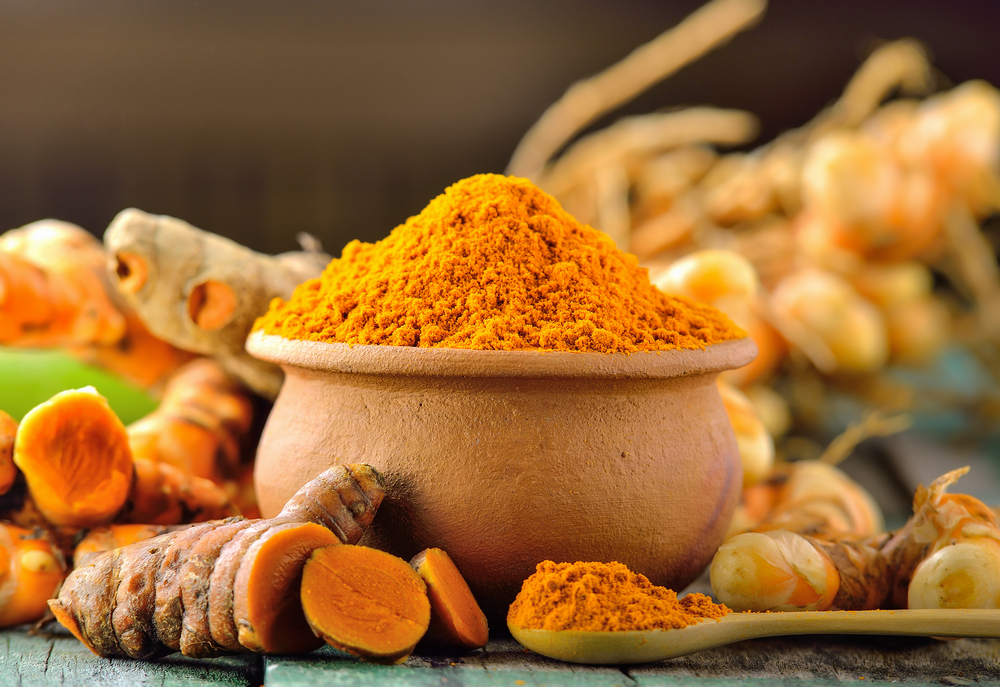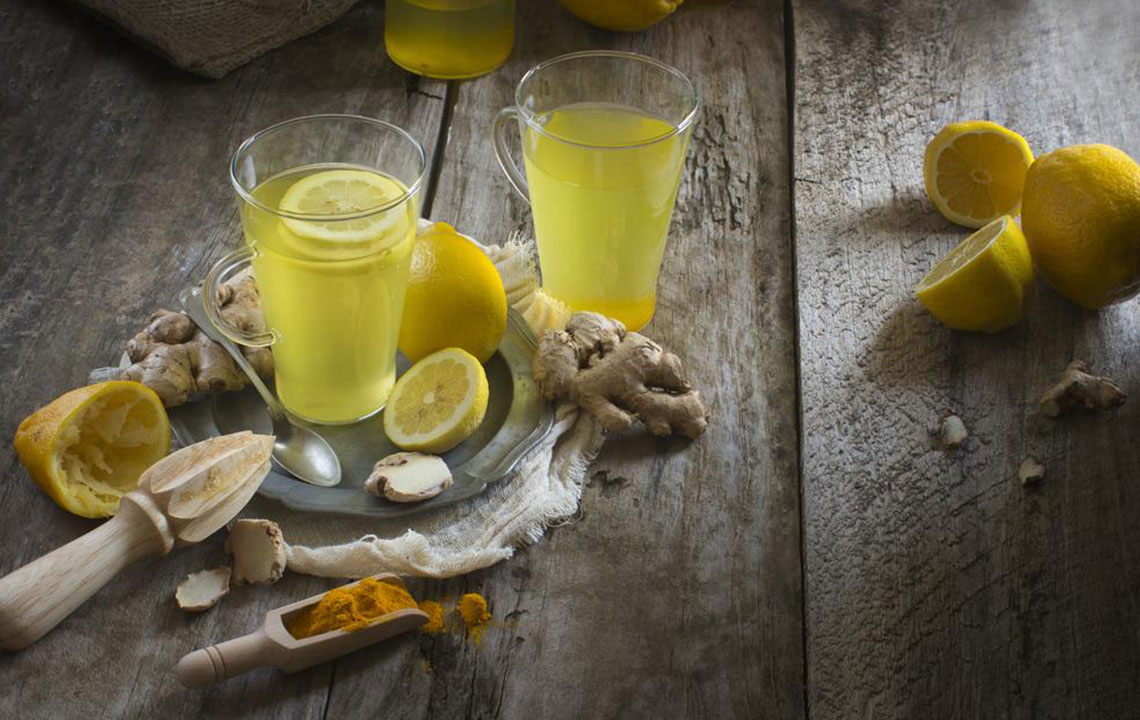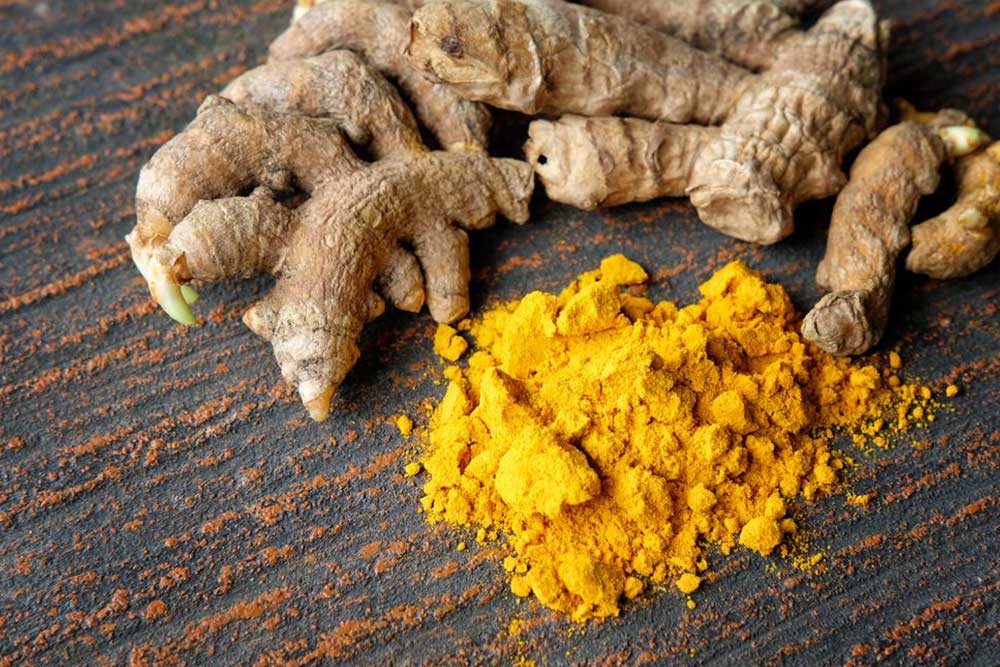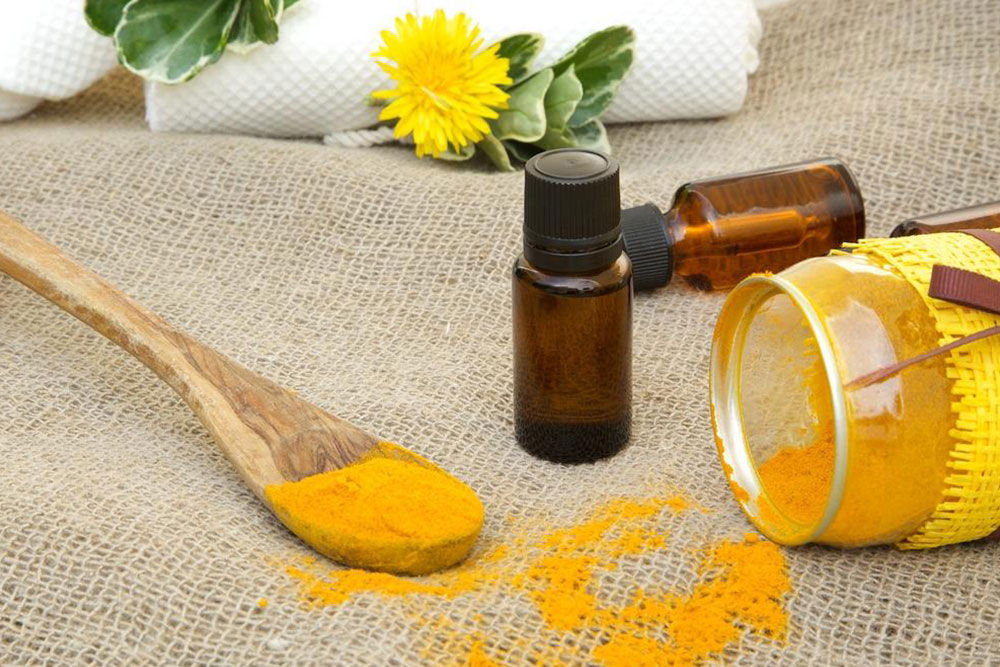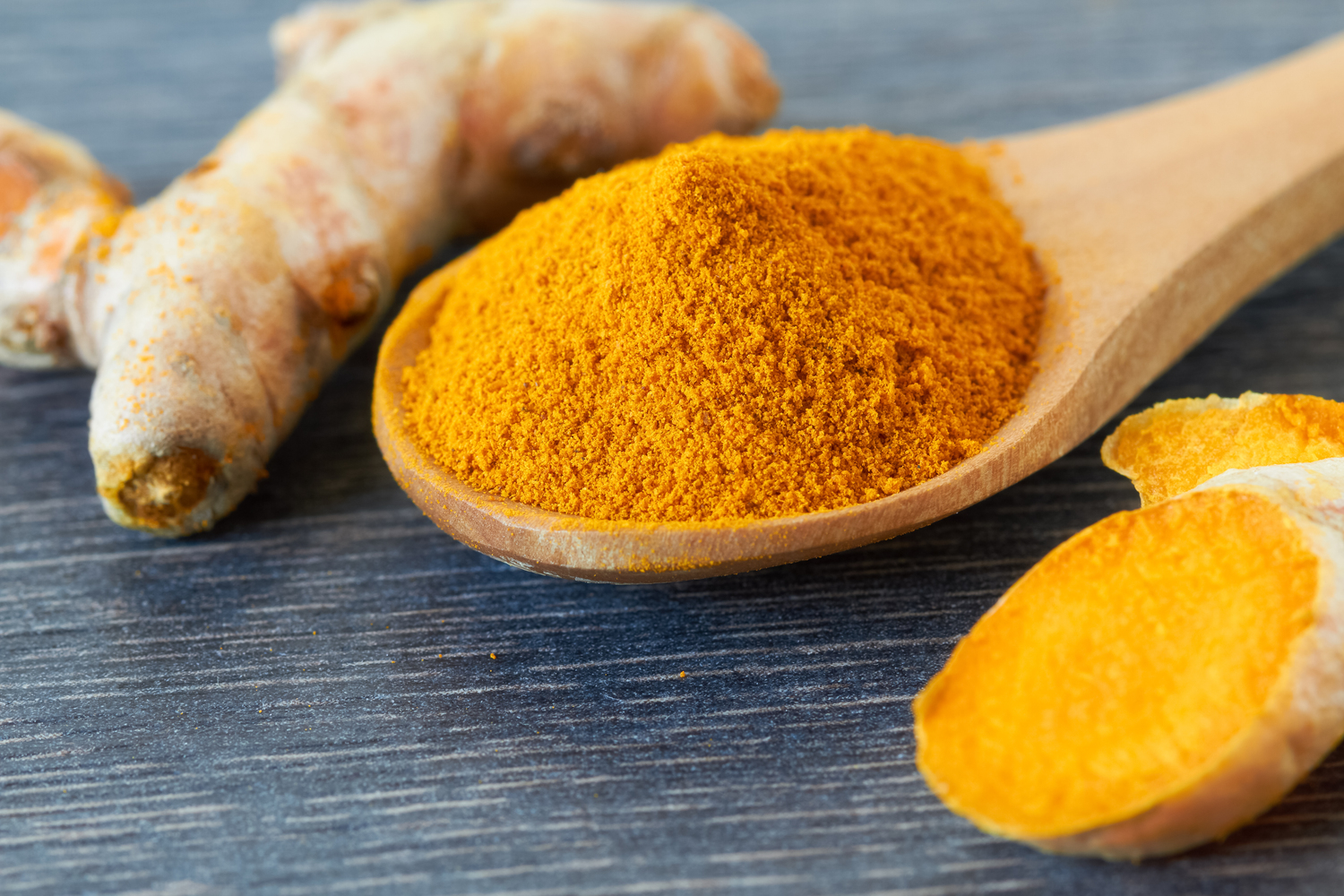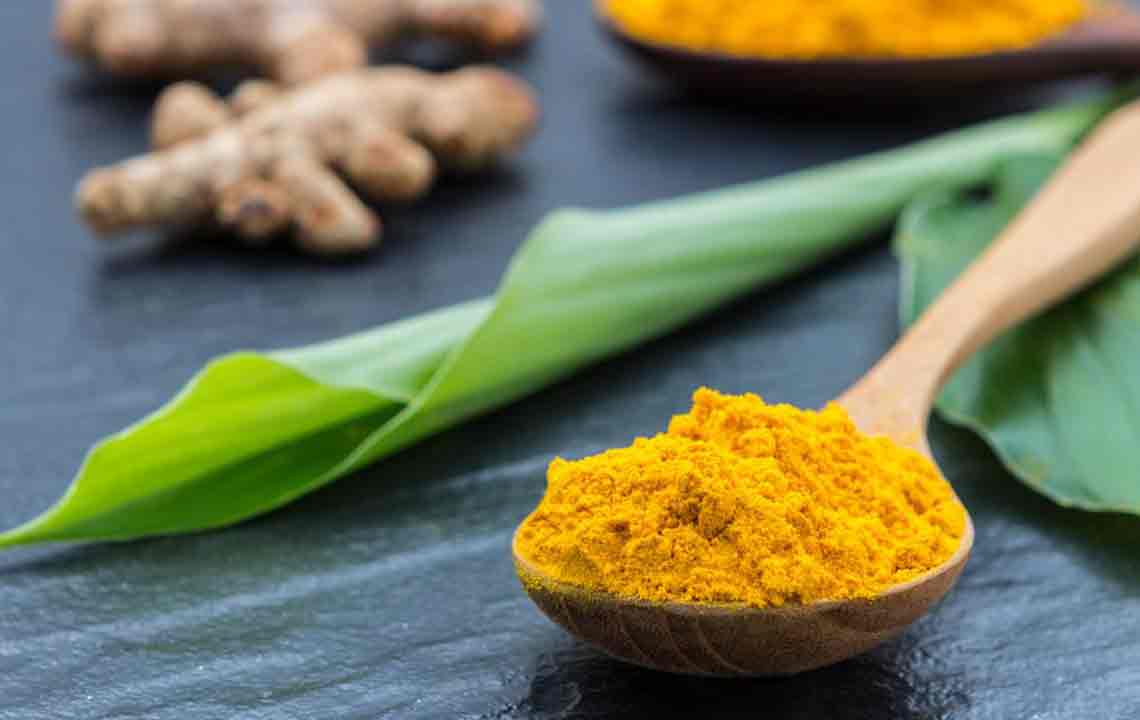Unlocking the Power of Turmeric Curcumin for Fast and Effective Pain Relief
Discover the incredible health benefits of turmeric curcumin, a natural remedy renowned for its rapid pain relief, anti-inflammatory, antioxidant, and neuroprotective properties. Learn how incorporating turmeric into your daily routine can support joint health, brain function, heart health, and potentially prevent cancer, all with minimal side effects. This detailed guide explores the differences between turmeric and curcumin, including tips for safe consumption and maximizing benefits for overall well-being. Unlock the power of this ancient spice to boost your health naturally today.
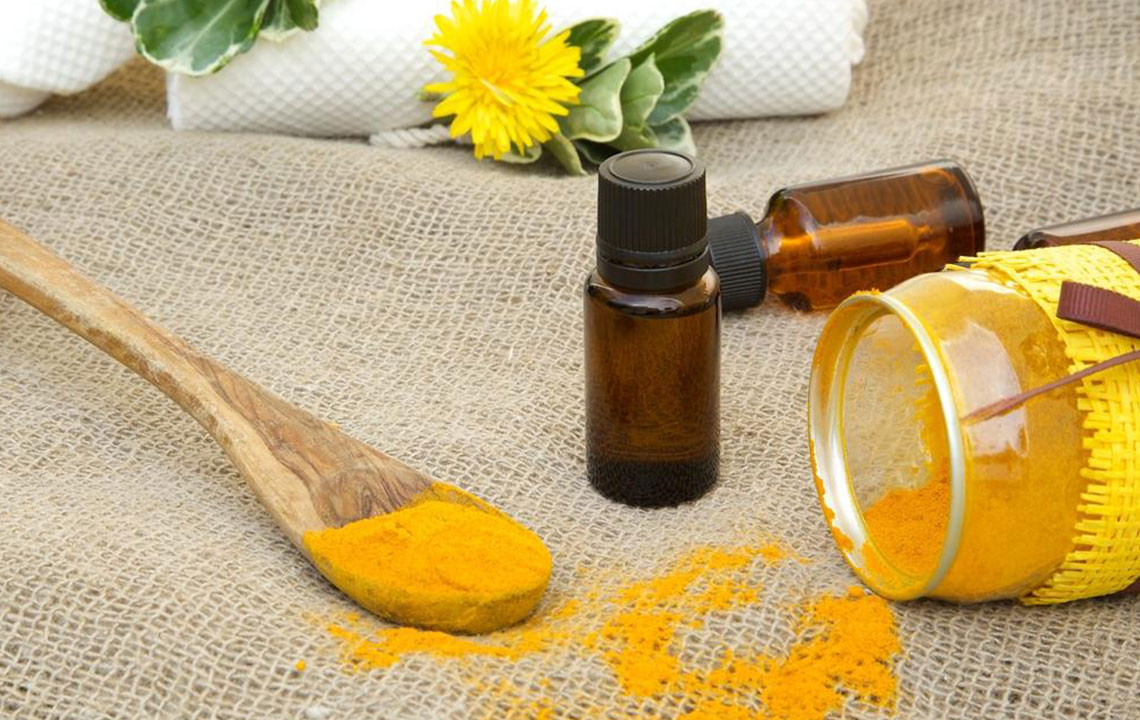
Unlocking the Power of Turmeric Curcumin for Fast and Effective Pain Relief
Turmeric and curcumin are often used interchangeably, but they are two distinct substances that work synergistically to provide numerous health benefits. Turmeric is a vibrant yellow-orange spice derived from the root of the plant Curcuma longa. The active compound responsible for its characteristic color and medicinal properties is curcumin. Curcumin is renowned for its potent antioxidant and anti-inflammatory effects, making it a popular natural remedy for a wide array of health conditions, especially those involving inflammation and chronic pain.
The Difference Between Turmeric and Curcumin
While turmeric is a versatile culinary spice used in many cuisines, especially in South Asian dishes, curcumin is a bioactive compound extracted from turmeric. Curcumin comprises approximately 2-8% of turmeric by weight. Many supplements focus solely on curcumin because of its concentrated therapeutic properties, which are more potent than turmeric spice itself. Understanding this distinction is essential for people seeking targeted health benefits, especially for managing inflammation, pain, and degenerative diseases.
Health Benefits of Turmeric Curcumin
Research indicates that curcumin’s biological activity can rival some pharmaceutical anti-inflammatory medications, but with fewer side effects. Its main benefits include:
Potent Anti-Inflammatory Action: Curcumin acts as a natural anti-inflammatory agent, aiding the body in fighting pathogens such as viruses and bacteria. It also promotes tissue repair and reduces chronic inflammation, which is a common denominator in diseases like arthritis, cardiovascular disease, and neurodegenerative disorders.
Strong Antioxidant Capabilities: Curcumin exhibits powerful antioxidant properties, neutralizing free radicals that cause cellular damage. Its chemical structure enables it to stimulate the body's own antioxidant enzymes, thereby reducing oxidative stress and supporting overall cellular health.
Brain Health and Neuroprotection: Consuming turmeric regularly can increase levels of brain-derived neurotrophic factor (BDNF), a growth hormone essential for brain plasticity, memory, and cognitive function. This can help lower the risk of neurodegenerative diseases such as Alzheimer's and Parkinson's.
Cardiovascular Benefits: Turmeric curcumin improves endothelial function—the inner lining of blood vessels—leading to better blood flow, reduced blood pressure, and decreased risk of heart disease. It also helps reverse arterial plaque buildup and reduces inflammation within blood vessels.
Cancer Prevention: Studies suggest that curcumin may inhibit processes involved in cancer progression, such as angiogenesis (formation of new blood vessels) and metastasis (spread of cancer cells). It can potentially slow or prevent tumor growth with ongoing research supporting its role as a complementary agent.
Relief from Arthritis and Joint Pain: Due to its strong anti-inflammatory properties, turmeric is highly recommended for individuals suffering from osteoarthritis and rheumatoid arthritis. It effectively alleviates joint stiffness, pain, and swelling, improving mobility and quality of life.
Mood Enhancement and Mental Well-Being: Curcumin influences neurotransmitters such as serotonin and dopamine, which are crucial for mood regulation. Regular intake may help combat depression and anxiety, promoting mental health and emotional stability.
How to Incorporate Curcumin into Your Daily Routine
To harness the full benefits of turmeric curcumin, consider the following tips:
Use high-quality turmeric powder in cooking, especially in curries, soups, and teas.
Take standardized curcumin supplements as directed by a healthcare professional, ideally combined with black pepper (piperine) which enhances absorption.
Incorporate turmeric into smoothies, golden milk, or homemade health tonics for added benefits.
For targeted treatment, consult with a healthcare provider about the appropriate dosage of curcumin supplements.
Safety and Possible Side Effects
Turmeric and curcumin are generally safe for most people when taken in moderate amounts. However, excessive consumption may lead to side effects such as gastrointestinal discomfort, nausea, or allergic reactions. Persons on blood-thinning medications or with certain medical conditions should consult their doctor before starting supplementation. Pregnant and breastfeeding women should also seek medical advice prior to use.
Conclusion: Embrace Natural Healing with Turmeric Curcumin
Turmeric curcumin stands out as a powerful natural remedy for rapid pain relief and overall health enhancement. Its anti-inflammatory, antioxidant, and neuroprotective properties make it an ideal supplement for individuals seeking to alleviate chronic pain, support brain and heart health, or prevent serious illnesses like cancer. As scientific research continues to uncover its many benefits, incorporating turmeric or curcumin into your daily health regimen can be a safe and effective way to promote wellness naturally. Remember to choose high-quality supplements and consult healthcare professionals for personalized advice to maximize benefits and ensure safety.
